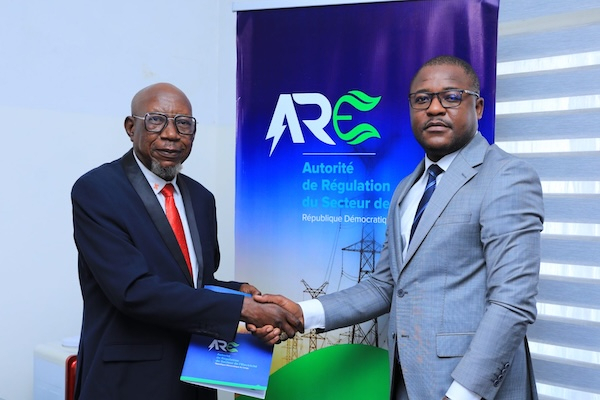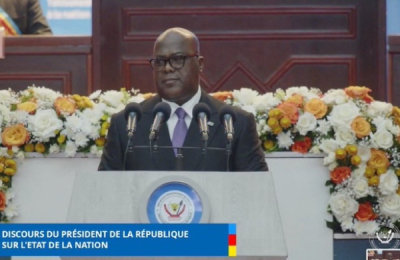The Electricity Sector Regulatory Authority (ARE) of the Democratic Republic of Congo (DRC) announced on October 7, 2025, that it had granted regulatory clearance on September 15 to Gujarat DRC SA for its planned solar power plant. The approval allows the Minister of Energy to sign the production license—the final step before construction can begin.
The project will be built in Fipango village, on the Kashamata site in Kipushi territory, Haut-Katanga province. It is being developed by Soleos Energy of India and Melci Holdings of the DRC, which formed the joint venture Gujarat DRC SA to carry out the project. The final ownership structure has not yet been made public.
While earlier reports mentioned a 200 MW plant, the ARE confirmed that the facility’s peak capacity will be 248 MWp (megawatt-peak)—the maximum output under ideal sunlight and temperature conditions. In practice, such plants operate below that level: a 248 MWp installation typically delivers an average of 40–50 MW of effective power in Africa.
According to ARE data, the project will supply electricity to about 70,000 households and create roughly 50 permanent and 500 temporary jobs. Early investor presentations projected completion by the end of 2025.
Four months ago, Tshimbalanga Madiba, General Manager of Melci Holdings and Deputy General Manager of Gujarat DRC SA, announced the imminent start of construction and said the plant would include a Battery Energy Storage System (BESS) with a 107 MWh capacity.
The power produced will be sold to the National Electricity Company (SNEL) under a 25-year Power Purchase Agreement (PPA). Bhavesh Kumar Rathod, founder and director of Soleos Energy, described the tariff as “very advantageous,” without disclosing specifics. SNEL will handle power distribution to households and businesses.
The project also enjoys a dedicated transmission corridor and government guarantees—factors that have reinforced Soleos Energy’s confidence as it seeks to develop up to 1,000 MW of solar capacity in the DRC, covering roughly one-third of the country’s 3,000 MW electricity deficit, according to Minister Aimé Sakombi Molendo.
Timothée Manoke










